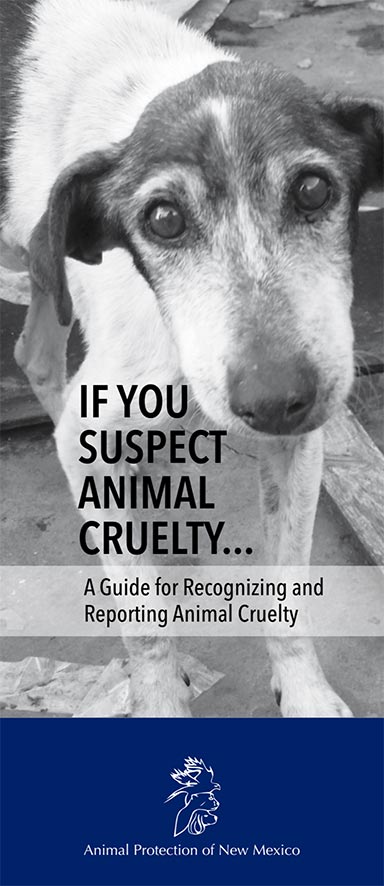Animal cruelty remains a significant issue, necessitating vigilance and immediate action. As a compassionate member of society, witnessing acts of animal abuse can be harrowing, leaving individuals torn between moral obligation and personal safety. One burning question often arises in this context: “Can I remain anonymous when reporting animal cruelty?” Understanding the legal contours surrounding anonymity and the protective measures available is pivotal for anyone wishing to take action without exposing themselves to potential backlash or retribution.
When contemplating the reporting of animal cruelty, it is essential to recognize the variety of situations that may prompt such an action. From neglect of domestic pets to the maltreatment of wildlife and farm animals, the nuances of each scenario demand a tailored approach to reporting. Most jurisdictions prioritize the welfare of animals, promoting laws that encourage reporting while also respecting the rights of the individuals making those reports.
Many animal control agencies and nonprofit organizations facilitate confidential reporting mechanisms. These systems often provide a safe harbor for concerned citizens who wish to advocate for the voiceless without compromising their identity. In situations where anonymity is desired, utilizing dedicated hotlines or online platforms can be particularly effective. These channels usually allow for allegations to be lodged without revealing personal information, thus alleviating the fear of potential repercussions.
Legal protection for whistleblowers extends into the realm of animal cruelty reporting. Many states have enacted legislation to safeguard the identities of individuals who report suspected abuse. These laws serve a dual purpose: they incentivize reporting by protecting the whistleblower and enhance the overall effectiveness of animal welfare enforcement. Understanding the specific provisions of the laws in your jurisdiction can empower individuals to take necessary actions without enduring undue stress.
Consider the different types of reporting agencies. Local animal shelters, humane societies, and police departments often play a role in investigating claims of cruelty. Each agency may have its own protocol for handling anonymous reports. Some organizations operate with stringent confidentiality policies, ensuring that the identities of those who report remain shielded. Conversely, others may necessitate personal information for internal record-keeping, though they may still assure reporters of confidentiality in public-facing aspects of the investigation.
In assessing whether anonymity can be retained while reporting, individuals must also contemplate the broader implications of their actions. Anonymity may offer protection at the initial stage, but law enforcement or animal welfare organizations might find it challenging to substantiate claims without comprehensive information. Providing detailed accounts of the abuse, including timestamps, specific locations, and descriptions of the animals involved, can enhance the effectiveness of a report — even as one remains nameless.
Moreover, the particulars surrounding the investigation process necessitate an understanding of what it means to report cruelty. Animal control officials often require a balance of details to substantiate a claim. While anonymity could theoretically shield an individual from personal risk, it might simultaneously impede the efficacy of the investigation. Individuals seriously considering a report are encouraged to weigh the necessity of providing contact information, which could facilitate follow-up communications on the status of the case.
The ethical ramifications of remaining anonymous in cases of severe cruelty merit careful consideration as well. While the desire for privacy is completely justified, one must ask: does anonymity empower the perpetrator of cruelty by diluting accountability? There is strength in collective action and courage in taking a stand, even when it means exposing oneself to some risk. In cases where circumstances are dire, engaging directly with authorities or animal welfare organizations, while perhaps relinquishing anonymity, could be the most responsible course of action.
It is also prudent to stay informed about the ramifications of anonymity in specific locales. States vary in their statutory frameworks governing animal cruelty reporting. For instance, some states offer broader protections against retaliation for such reports, empowering individuals to advocate for animal welfare with a reassuring sense of security. In contrast, others may have more stringent regulations, increasing risks associated with anonymity. Researching these regulations can better inform one’s approach to reporting and illuminate potential avenues for advocacy.
The proliferation of technology has dramatically changed how reports of animal cruelty can be made. Mobile applications and social media platforms currently equip individuals with tools to report in real-time. Many of these technologies incorporate features that prioritize privacy, enabling users to share photographic evidence and narratives of abuse while remaining anonymous. Utilizing such technologies can be a pioneering step toward enhancing awareness and bringing about change in communities.
Lastly, if individuals are hesitant to report directly, consider alternative advocacy channels. Raising awareness through social media or engaging in community outreach can help highlight the issue of animal cruelty, inspiring collective action without necessarily invoking individual reports. By fostering an environment where animal welfare is prioritized, society can collectively put pressure on lawmakers and enforcement agencies to enhance protections for animals and those who advocate on their behalf.
In conclusion, while it is indeed possible to report animal cruelty anonymously, the effectiveness of such allegations can sometimes be heightened by providing identifiable information. Legal protections for whistleblowers exist, yet complex dynamics between anonymity, accountability, and efficacy must be navigated carefully. Ultimately, addressing animal cruelty requires a blend of courage, advocacy, and understanding of the laws governing such actions, empowering a comprehensive approach to protect the vulnerable beings that cannot speak for themselves.








